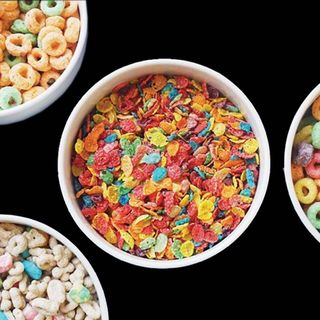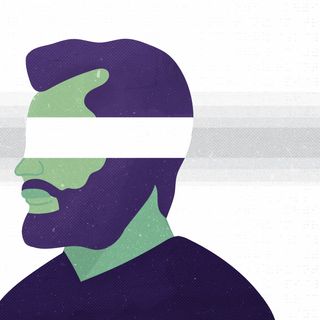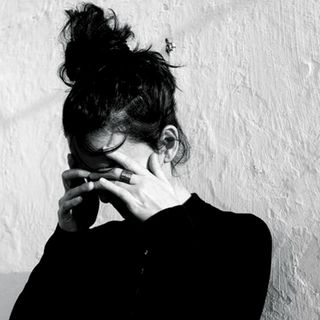If you can’t quite begin your day without a cup of coffee, you’ve come to the right place. If you’ve always scoffed at those seemingly addicted to coffee, you have also come to the right place.
The health effects of coffee, at least seven centuries since humans first reported growing the bean and extracting its liquid, remain controversial. Research says both things: that it is high in antioxidants and caffeine, which can reduce the risk of contracting several diseases; and, that the caffeine in coffee can also disrupt sleep and cause mental health issues for some people.
As an answer to whether coffee is good (or bad) for you, we present you with all the facts about the effects of coffee so you can make an informed choice, next time you’re contemplating reaching for that steaming hot cuppa’ brown gold.
The pros
Well, coffee-drinkers just … live longer.
Turns out, habitual coffee drinkers were less likely to die than non-coffee drinks over a period of 10 years, according to a British study of 5,000,000 people published in JAMA Internal Medicine. Of what, you ask? Well, everything. The researchers found an overall inverse relationship between coffee-drinking and mortality, and are yet to isolate any one specific reason why this happens.
Specifically, coffee has been linked to a lower risk of premature death from neurological diseases, diabetes, heart diseases, stroke, and even suicide in this Harvard School of Public Health study. It analyzed 200,000 doctors and nurses across 30 years and found that one cup of coffee a day reduced the chances of premature death from these causes by 6% and three to five cups a day reduced them by up to 15%.
Several studies have also confirmed a correlation between coffee and a decreased risk of Alzheimer’s and Parkinson’s diseases (see here, here and here); Type 2 Diabetes (see here), liver cirrhosis and cancer (see here and here respectively ) and depression and suicide (see here and here respectively).
Other effects of coffee include burning fat, boosting performance in math and enhancing the dynamics within a group of coffee-drinking co-workers.
Related on The Swaddle:
Coffee Fiends Live More Dangerously Than They Know
The cons
Caffeine is addictive; people who consume it regularly develop a tolerance to it which usually leads to the intake of a larger dose of it via coffee — beginning the cycle of addiction. People who abstain from ex post facto can face withdrawal symptoms such as headaches, fatigue, and irritability, according to this study.
One study found that coffee can disrupt sleep; another concluded it could lead to hypertension, though this usually dissipated with regular use. Having too much coffee, and hence caffeine may also lead to anxiety disorders, heart palpitations, and panic attacks.
So, if you have anxiety issues, insomnia or other sleep disorders, or high blood pressure, it is best to limit coffee consumption or avoid it altogether. The medical community remains undecided about the net effects of coffee on pregnant women, though a 2013 review of existing research concluded one to two cups of coffee a day “is not expected to be a concern.”
How many cups of coffee should you drink every day?
“The tipping point where caffeine started to negatively affect cardiovascular risk” is five cups a day — containing up to 500 milligrams of caffeine in total — according to a 2019 study published in the American Journal of Clinical Nutrition. Six or more cups can increase the risk of heart disease by up to 22%.
To optimize the health benefits of the drink, it’s best not to add a lot of sugar to it (which many cafés and franchises do).
Moderation seems to be the smartest way to tread into the world of coffee — there is such a thing as too much of a good(?) thing.




